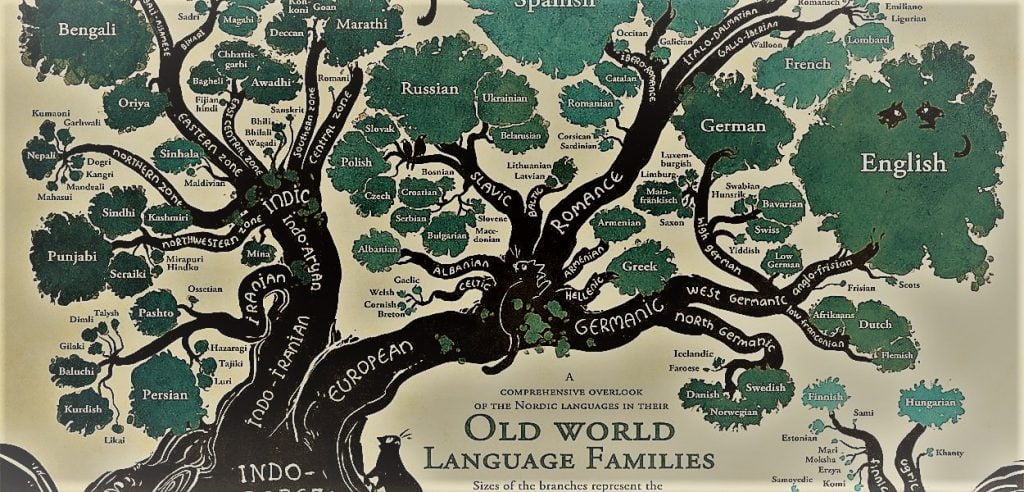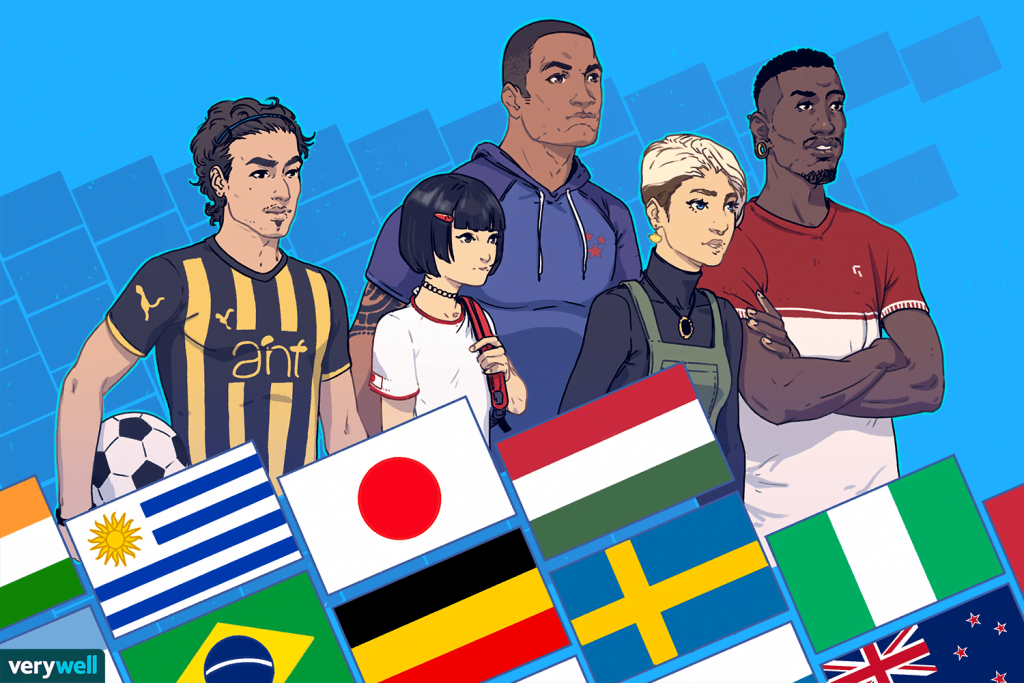
What is Language Attitude?
Language attitudes are actually the perspectives, biases, and opinions of a person or group of people about a specific language on the basis of which they perceive that specific language.
What is Sociolinguistics?

Sociolinguistics is studying a language, including all the social factors affecting it like culture, vocabulary, region, social class, gender differences, etc.
So, language attitudes are very much related to the sociolinguistics and this field helps a lot in determining the language attitudes of certain people.
In sociolinguistics, the language attitudes are the reactions of different language speakers. it determines the speakers’ cognitive processes: social categorization and stereotyping.
The listeners first analyze the accent of the orators to identify, to which social group it belongs.
Factors Influencing Language Attitudes in Sociolinguistics

Every Language has some value in terms of sociolinguistic.
Here, we will discuss some of the factors that affect the attitudes towards that language in Sociolinguistic context.
History of Language

Languages emerge at a specific point in history and go through the process of development for centuries towards their present form.
During this time of development, people learn to use that language to name, possess, and differentiate, and as a result, various attitudes towards that language are developed.
All the stereotypes about that language are also built with history. So, history plays an important role in determining language attitudes.
So, the history of a language is a very important factor studied by the sociolinguists to determine the language attitudes of that language.
Here are 3 Most Basic Second Language Acquisition Theories
Cultural Factors

Culture of a language is also something that is related to the history of that language, a language with older history will have rich culture.
The language attitudes are primarily determined by the culture of that language i.e., their dressings, occupations, foods and many other cultural aspects.
For example, Pakistani languages are full of words for describing dishes and tastes because this culture has an importance towards tastes and foods.
Who are the Taliban in Afghanistan? (25 years fighting for Afghanistan)
Social Class

Different social classes have different attitudes towards a language i.e. how they perceive, learn or use that language.
This is also because of the reason that distinct classes have distinct interactions, concerns, and experiences with different languages.
It has been seen that the upper class tends to use different languages of higher statuses and ignores the local dialects which construct a danger for the existence of that local language.
The upper class also represents the society at various and major platforms which generates an importance for the language use of them.
Because the representation is also of the language and their performance determines creates the power and prestige of that language.
Either the money can buy happiness or money can’t buy happiness is true
Ethnicity

In many cases, the speakers of a language have almost same ethnicity and identify same language attitudes. So, a speaker’s linguistic variety can be used to express this speaker’s ethnic identity.
Different ethnicities have different behaviors and these behaviors structure the language attitudes of other people towards that language.
Ethnic groups include various grammatical, syntactical, morphological, and phonological differences from the conventional diversity of a language.
The distinctions between the ethnic variety and the standard and non-standard varieties of a language can be sheer in character or they may just interest the relative frequency of occurrence of a single structural element.
Nation-State System in International Relations (Nature and Emergence)
Prestige and Power

Prestige and power are also very important factor in determining the attitudes towards that language because if you think about a language, the prestige of that language will come instantly in your mind.
The prestige of that language is determined by observing which people use that language, what is the significance of that language and what are the outcomes of using that language.
Every language has remain a center of power for a certain period of time and at the time, the importance of that language is at its peak.
If we observe the present time then English is now the most prestigious language and that is the reason, it is considered as the international language.
Here’s the most Basic Islamic Concept of State and Sovereignty
Religion

Religion has always been a very strong social identity and it has affected them as well. Religion has also affected the language of that particular social group.
Different religions have different values set for their own and other languages and also their attitudes towards that language.
For example Arabic is considered as the language of the Muslims which also true because almost all the Arabs are Muslims and other Muslims also have a very positive attitude towards Arabic.
Know What Happened to Old Norse Religion Today? (Asatru)
Conclusion
The above discussion can be concluded by saying that our interaction with others is mainly based on our language and that is why is a very important tool of expression.
So, sociolinguistics is the field which helps us to find different signs hidden in the language of the speakers to know about the speakers.
THANK YOU




This is up to the mark 🌟 well explained and understandable 🌺
Thank You for your appreciation… 🙂